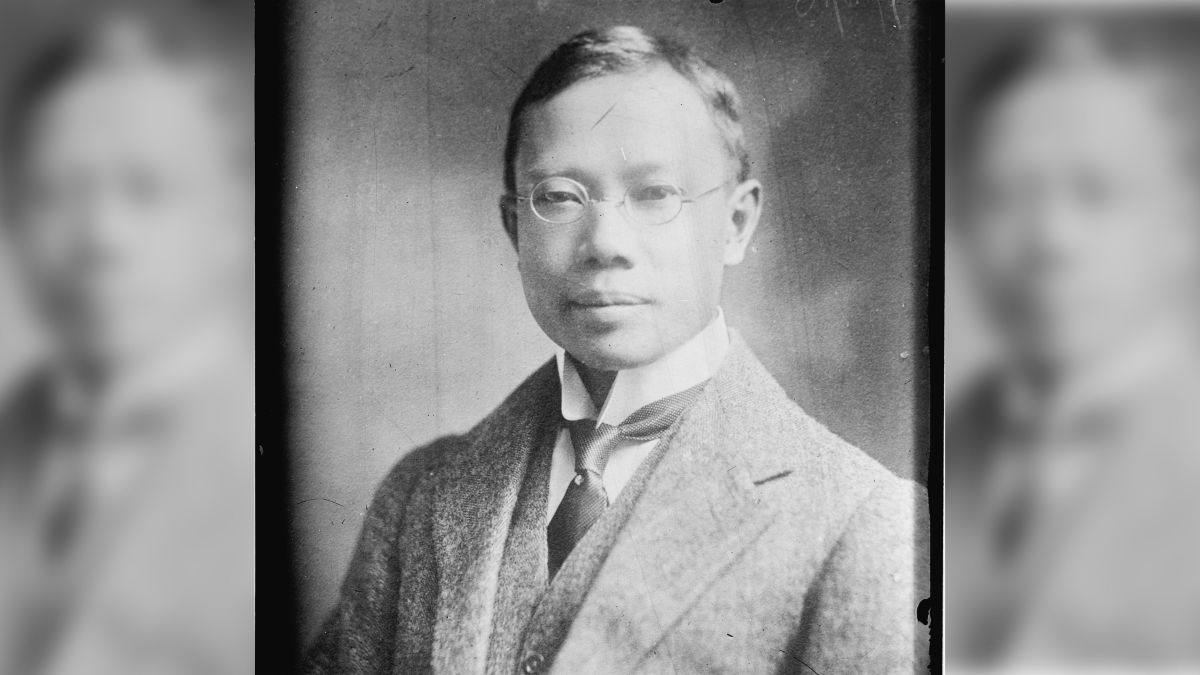

This was the final land battle of the Russo-Japanese War and took place in February-early March, 1905. On the hills of Manchuria, in Russian Na sopkach Mantchzhurii, is a popular Russian walz, composed of mostly minor notes and sub-4th octave arrangements. The original and orchestral arrangement is written in E-flat minor while the folk arrangement is in F minor. The track "On the Hills of Manchuria - Accordion" has Roblox ID 4557280665. This the 'Long' Version of the song 'On the Hills of Manchuria', and this has simplified chords. (This likely references a Yiddish song composed by Yomtov Ehrlich to the same tune called “Der General.1. Israeli television drama series Shtisel (season 2, 2016) features an accordion performance of the song by one of the main characters, Giti Weiss. The song was also included in the 2010 movie Fortress of War.

Then in the British-American Onegin (1999) it was used anachronistically as the tune played at Tatyana's naming day. In Nikita Mikhalkov's Urga ( Close to Eden, 1991), the drunken lorry driver Sergei has the notes tattooed on his back and later sings the song in a nightclub, with the band playing from his back. The original words concern fallen soldiers lying in their graves in Manchuria, but alternative words were adapted to the tune later, especially during the Second World War.ĭuring the 1990s the song was featured in two films. Soon after its publication, the poet Stepan Petrov, better known by the pen-name of Skitalets, provided the lyrics which contributed to its wider success. "On the Hills of Manchuria" achieved colossal success and Knaube boasted of having published some 82 different editions of the piece. While the regiment was stationed in Samara in 1906, he made the acquaintance of Oskar Knaube (1866–1920), a local music shop owner, who helped the composer to publish his work and later acquired ownership of it. Shatrov served in the regiment as bandmaster and composed the tune on returning from the war. The original title of the waltz was "The Mokshansky Regiment on the Hills of Manchuria" and referred to an incident during the Battle of Mukden, the disastrous final land battle of the Russo-Japanese War, when the Mokshansky Infantry Regiment was encircled by Japanese forces for 11 days, during which it sustained considerable casualties. " On the Hills of Manchuria" (Russian: На сопках Маньчжурии, romanized: Na sopkah Manchzhurii) is a waltz composed in 1906 by Ilya Alekseevich Shatrov. An early version of the song "On the Hills of Manchuria" performed by Michael Vavitch 1912


 0 kommentar(er)
0 kommentar(er)
